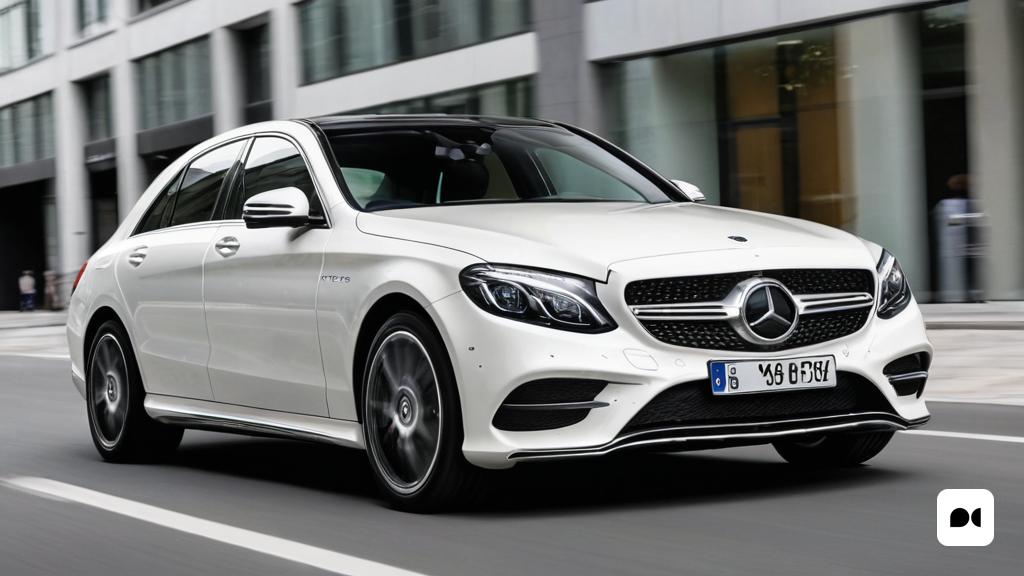The heritage of an iconic brand
Mercedes-Benz has not only established itself as a pillar in automotive history, but also stands out as a benchmark in the luxury segment. The brand’s reputation, built over decades, gives it significant influence in the global automotive market.
A commitment to electrification
In a bold announcement, the German company revealed its ambition to transform into a fully electric manufacturer by 2030. This goal, shared by numerous competitors, seemed to align with the growing trend towards sustainability in the automotive industry.
Expectations versus reality
Although many anticipated that electric vehicles would dominate the roads, reality has shown a more complex picture. Despite some electric models that have managed to stand out, global sales have not reached the optimistic projections that were held a few years ago.
A change of strategy
Faced with a sales outlook that did not meet expectations, Mercedes has decided to re-evaluate its approach. Recognizing the preference of many consumers for combustion engines, the brand has chosen to continue developing these engines, although incorporating various hybridization options.
Listening to the consumer
Mercedes’ decision reflects a response to market demands. Many of its customers, especially those seeking luxury and power, are still attracted to traditional combustion models, which has led the brand to continue investing in this technology.
The future of Mercedes-Benz
The path to full electrification is still on the horizon, but the brand seems to be taking a more pragmatic approach. By merging the best of both worlds – combustion and hybridisation – Mercedes-Benz is positioning itself to adapt to an ever-evolving market, where tradition and innovation can coexist.

